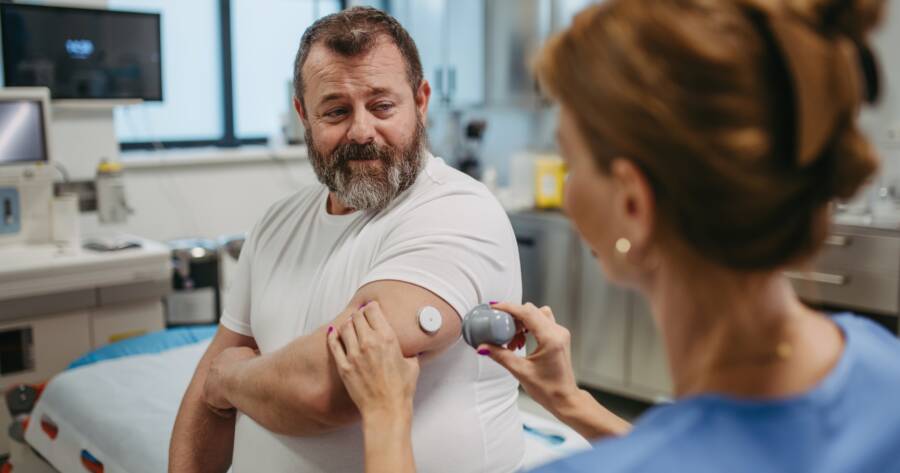Type 2 diabetes often develops gradually, making it easy to overlook the subtle changes in your body. Because the condition can lead to serious long-term health complications if left unmanaged, recognizing the early warning signs is crucial. The sooner you identify potential symptoms, the sooner you can take steps to protect your health and well-being. Understanding what to watch for could make all the difference in preventing or delaying the progression of diabetes.
Excessive Thirst
One of the earliest signs of Type 2 diabetes is excessive thirst, known as polydipsia. When blood sugar levels rise, the body pulls fluid from tissues to dilute the glucose in the bloodstream, triggering constant thirst. You may find yourself reaching for water more often than usual but still feeling unsatisfied. This isn’t just a matter of needing to hydrate after exercise—it can signal an underlying issue with blood sugar regulation that needs medical attention.
Frequent Urination
If you’re making more bathroom trips than usual, it may be a warning sign of Type 2 diabetes. High glucose levels force the kidneys to work harder to filter and remove excess sugar, producing more urine. This often leads to waking up multiple times during the night or feeling an urgent need to go during the day. While urinary frequency can have other causes, in combination with persistent thirst, it’s an indicator worth discussing with your doctor.
Unexplained Weight Loss
Unexpected weight loss without changes in diet or exercise may point to diabetes. When your body can’t use glucose properly for energy, it begins breaking down muscle and fat instead. This process results in noticeable weight loss that often feels sudden and unexplained. While some may welcome the drop on the scale, unexplained weight loss can indicate that your body isn’t functioning correctly. Catching this sign early can help prevent serious complications from developing.
Blurred Vision
High blood sugar can cause fluid shifts in the eye, affecting the shape of the lens and resulting in blurred or distorted vision. This symptom may come and go, depending on glucose levels, and is sometimes mistaken for needing new glasses. If you notice sudden or frequent changes in your eyesight, it’s important not to ignore them. Blurred vision is not only disruptive to daily life but also an early sign of diabetes that requires attention.
Slow-Healing Cuts and Infections
Another red flag for diabetes is when cuts, scrapes, or infections take longer than usual to heal. Elevated blood sugar levels impair circulation and weaken the immune system, slowing the body’s ability to repair itself. This may show up as minor wounds that linger or repeated skin and gum infections. While often overlooked, delayed healing is a clear sign that your body is struggling to manage blood sugar effectively and should be evaluated by a healthcare provider.
Why Knowing the Signs and Risks Matters
Recognizing these early warning signs is crucial because Type 2 diabetes can remain hidden for years. Acting quickly allows for timely diagnosis, which can prevent long-term complications such as nerve damage, kidney disease, and heart issues. Risk increases with factors like age, family history, obesity, high blood pressure, and a sedentary lifestyle. By understanding your personal risk and paying attention to early symptoms, you give yourself the best chance to manage or even delay the progression of diabetes.
Early Awareness Protects Your Future
Type 2 diabetes doesn’t have to catch you off guard. By learning the signs—like excessive thirst, frequent urination, or slow-healing wounds—you can spot problems before they escalate. Early awareness, paired with regular checkups and healthier lifestyle habits, helps protect against complications and supports long-term well-being. Knowledge truly is the first line of defense. By staying alert to changes in your body, you take an active role in safeguarding your health and ensuring a stronger, healthier future.




